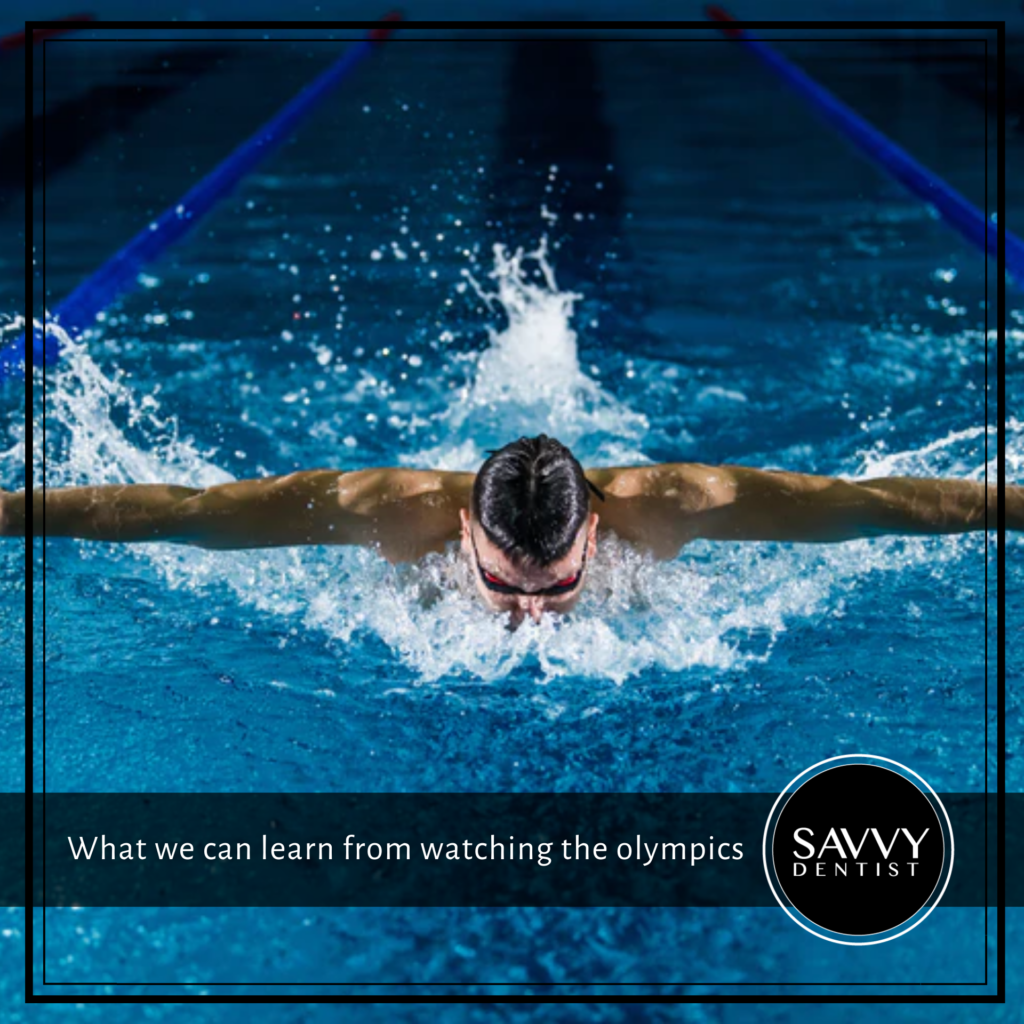The 2021 Olympic Games are underway in Tokyo and people from all around the world are tuning in to see their nations finest enter the global arena. The Olympics host some of the most incredible feats of athleticism and sportsmanship, and part of the reason it engrosses us is because of the sheer potential it represents.
There’s always a little part of us that wonders if we tried hard enough, could we do that too?
Luckily, you don’t need to be Emma McKeon or Patty Mills to channel your inner Olympian – there are many lessons to be learnt from watching the Olympic games.
1. The performance is just the tip of the iceberg – people don’t see the preparation you put in
The Olympians have likely spent hundreds of thousands of hours training and preparing for performance that might last just a few minutes. We see the race, but not the stumbles, falls, injuries, setbacks, defeat, and grit that it takes to even qualify.
When we work towards goals, sometimes it can feel like it’s all for nothing. We work hard, we make missteps, and it feels like there’s no reward or recognition. This is when you have to push harder than ever. Because, before you know it, it will be your turn in the spotlight and time to reap the rewards of all your hard work.
The next time you find yourself wondering if all your hard work is worth it, just remember every gold medallist has asked themselves that same question.
2. Pay no attention to armchair critics
Spectators and critics love to nitpick about what could have gone better, how they would have done things differently, and why that wasn’t as good as so-and-so’s. It’s easy to critique from the sidelines (and armchair).
But like Theodore Roosevelt wrote in The Man in the Arena, the glory belongs to the person who actually rolls up their sleeves and gets it done. Whether it’s in Olympic Rugby or the way you run your practice, people will always have their two cents. Know when to take the feedback on board, and when to brush it off.
3. Assess the risks and know when to make a tough call
Simone Biles made headlines when she made the decision to withdraw from the Tokyo Olympic Games due to a struggle with mental health and wellbeing. Due to the nature of gymnastics, if Biles was distracted she could have sustained a serious injury that might have prevented her from future success.
This is a great example of risk assessment and keeping long-term goals in mind. Sometimes you need to look at the bigger picture and make a decision that seems a little counterintuitive, but is actually strategic in favour of your long-term success.
4. It’s OK to lose
Copping the occasional loss is all a part of the journey. No one can win all the time, every time.
We set out on great endeavours and challenges knowing that failure is all but promised – and it’s actually an important part of the process. It’s those experiences of failure and loss that teach us the most, test our determination, and make more experienced choices in the future.
A loss is not the end of your journey, it’s a lesson that will propel you forward.
5. Choose your team wisely – you’ll either win together or lose together
We have long looked to elite athletes as great examples of leadership and teamwork. Much like any Olympic team, you and your team are united in a common goal and will rely on each other for support.
You want your team to be capable, hardworking, promote a positive culture, and equally as passionate about your shared success. The right team can work synergistically to great heights, but also support one another through setbacks and losses. Equally, a mis-aligned team can make it harder to achieve your goals, reduce productivity, and really chip away at the culture of your practice.
P.S Want to scale your dental practice and take your profits to 7 figure success?
Me and my team can work with you directly to get you there! Simply book in your FREE 1:1
strategy session, and we can get started on a game plan for you and your practice.



